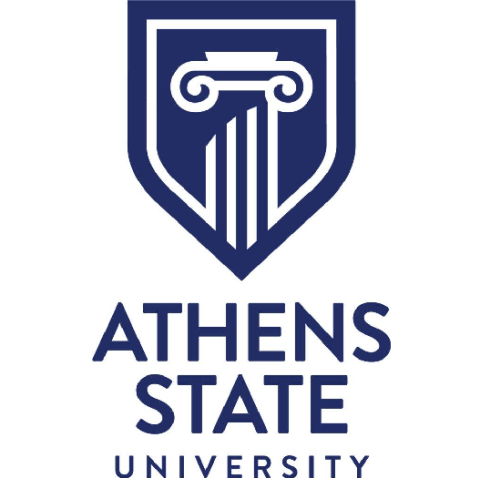
Assessment design that supports authentic learning (and discourages cheating)
Catherine Wehlburg shares tips for creating a learning environment and assessment design that encourages authentic learning and reduces the temptation to cheat
You may also like
Popular resources
If you’ve ever googled “how to cheat on an exam”, you were likely horrified by the number of links, suggestions and even innovative methods. Not only is there a seemingly endless supply of individuals and companies that are paid to help students cheat, there are many different ways that students can cheat on an exam or an assignment for free. We all know that this isn’t conducive to learning – so why do students do this? Well, they often do it because it is easier to cheat than it is to learn the material that they need to learn. And, of course, they not only hurt themselves, they also hurt the integrity and equity of our grading and assessment systems.
- What does good assessment look like online?
- Assessing your assessment: creating inclusive and meaningful assignments
- Planning assessment to promote academic integrity online
But educators can create learning environments and design student assignments and assessments to overcome this. We’ve all seen in-class exams that require a form A and a form B so that students can’t get, what they hope is, a correct answer from the person sitting next to them, but we also know that students can bring in answers written on their water bottle or hat. Many of our institutions regularly use anti-plagiarism checks that require students to submit their written work to a third-party system to look for plagiarised text. But as most of these systems make the assumption that students will cheat, the entire process is focused on catching the student rather than on redesigning the ways that we ask students to show us what they have learned. These more punitive approaches can often backfire.
Instead, what if we create a learning environment and an assessment design that focuses on providing students with the opportunity to show their learning in an authentic way?
1. Focus on the value of what is learned. Have your assignment created specifically for this course and update the assignment each time. For example, as part of the assignment, have the students reflect on how that concept can apply to their own experiences or how they will use this information in their specific future.
2. Lower the stakes of any single student assessment or artefact. By requiring several lower-stakes assignments, students may not feel the need to perform at an extremely high level for each one. By taking a large exam and breaking into smaller quizzes, the pressure on the student will be less, and this will probably reduce the desire to cheat.
3. Use more narrative or case study type questions rather than single-answer questions. This requires students to provide more than just the “right” answer and may also increase the likelihood that students will use higher order thinking to provide their responses.
4. Build on prior assignments. If the student work builds progressively over the course of the semester or term, there is little incentive to find ways to cheat. By having assignments that do part of the project and then giving feedback on that to the student before they do the next part, you can build the learning process authentically and individualise the learning process for each student.
5. Assume that every exam or assignment is open-note or open-book. You can even encourage students to look for information as they are responding to exam questions or in other assignments. This not only encourages higher order thinking skills, such as analysis and synthesis, but it can also cut down on the ways that students will try to cheat because finding new sources is actually part of the assignment.
6. Discuss academic integrity. Make it clear that you will not tolerate cheating in any form. Discuss this openly with your students, and ask them to reflect on the value of doing their own work and learning the material in appropriate ways.
Minimising academic misconduct is never easy, and we might never remove this entirely from higher education. But by focusing on what is learned and why that learning is important, we can help to educate students on more than just the content of the course. We can help them actively choose to take the time to learn rather than focusing on the final outcome. We can help them engage in true lifelong learning by creating the expectation that they will bring their individual experiences to the learning environment and construct their knowledge. By using our assessment and evaluation of learning as a formative tool that should engage the learner with the content, our approaches to authentic assessment can be a way of continuing the learning process far beyond the end of the course.
Catherine Wehlburg is the provost and vice-president for academic affairs at Athens State University.
Additional Links
Flower Darby shares 7 Ways to Assess Students Online and Minimize Cheating with the Centre for Innovative Teaching and Learning at Northern Illinois University
Preparing to Teach Online – Academic Integrity advice from faculty at the University of Pennsylvania
.jpg?itok=eveUOYKV)




Comments (0)
or create an account in order to add a comment